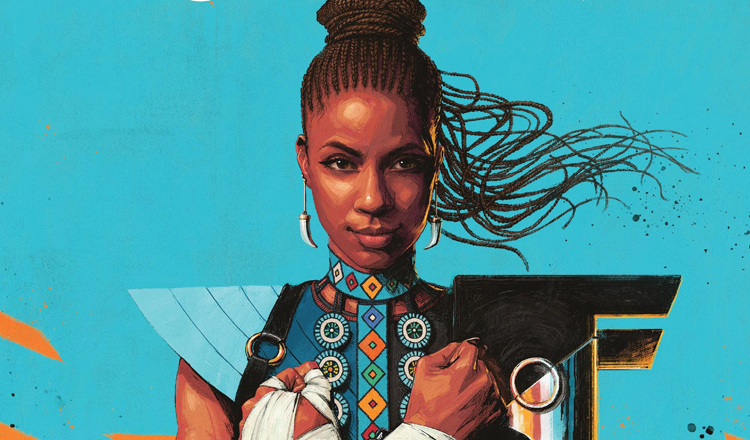Afrofuturism: Looking for Hope in Times of Despair
The current state of our political, economic, and cultural climate is unavoidable. The ability for one to ignore the blatant reality of the racism that is a staple of the United States is no longer possible. In a time where this sad and unfortunate reality is being publicized and the general public is becoming more aware of the systematic systems that have continued to exist since the beginning of time it is not difficult to become caught up in a state of despair and hopelessness for the future of these suppressed communities.
Afrofuturism is defined as a cultural aesthetic that explores the combination of the African diaspora and technology. A simple example would be Black Panther, where the historical Marvel Movie served to highlight the limitless possibilities African/African American people hold in a world where their minds are valued for their innovative and creative capabilities and oppression is not a dominating factor in their success.
The concept is all based off the idea of reimagining science and the future from the black perspective. African Arguments points out: “The term Afrofuturism, coined in 1993, seeks to reclaim black identity through art, culture, and political resistance. It is an intersectional lens through which to view possible futures or alternate realities, though it is rooted in chronological fluidity. That’s to say it is as much a reflection of the past as a projection of a brighter future in which black and African culture does not hide in the margins of the white mainstream.”
The recent events of 2020 has led to a period of increased awareness and education about the painful past of this country. But it has also given others a platform to find solutions to a problem that has been due to be fixed for centuries. Instead of dwelling in this space of despair Afrofuturism proposes an alternative.
It is about creating a space where African culture is celebrated. Where black creativity is fascinating. Where history and our future “will belong to Africa and our storytellers.”


